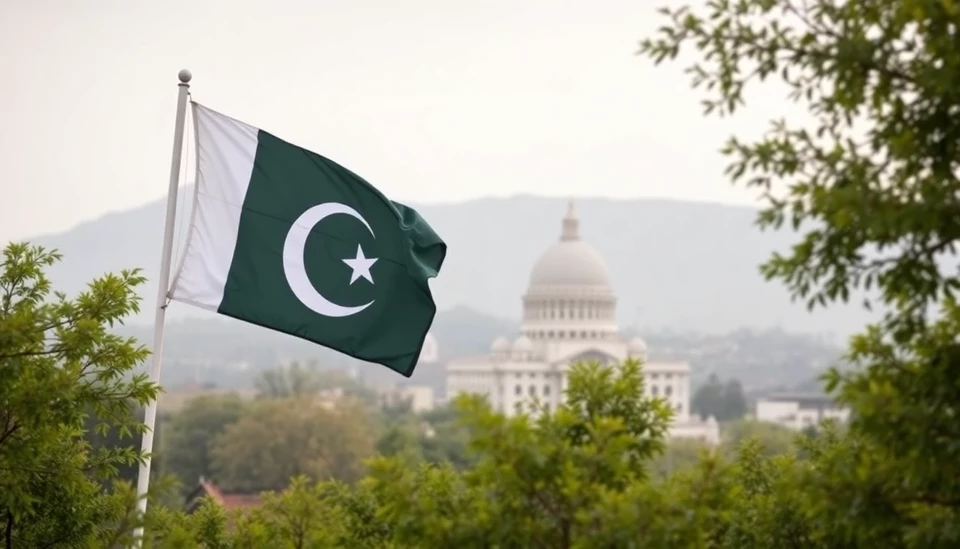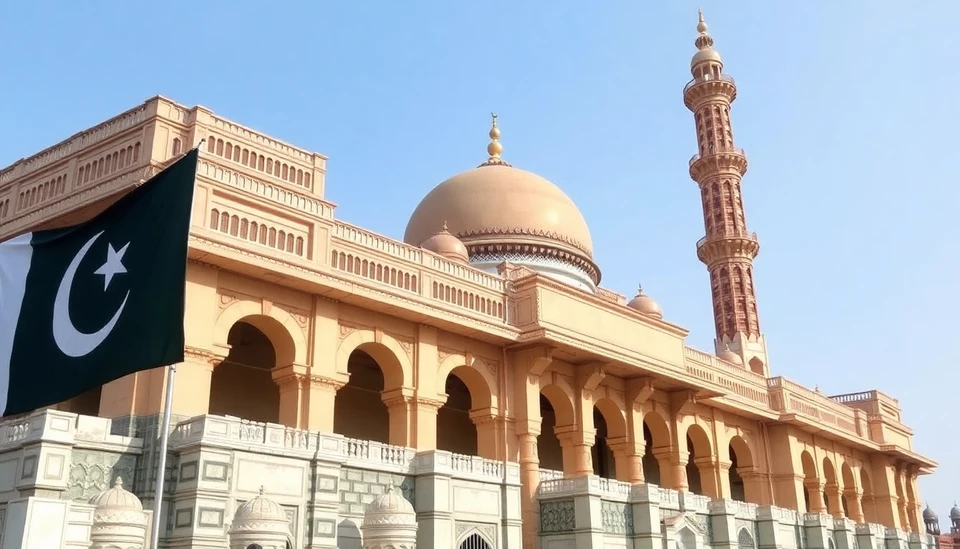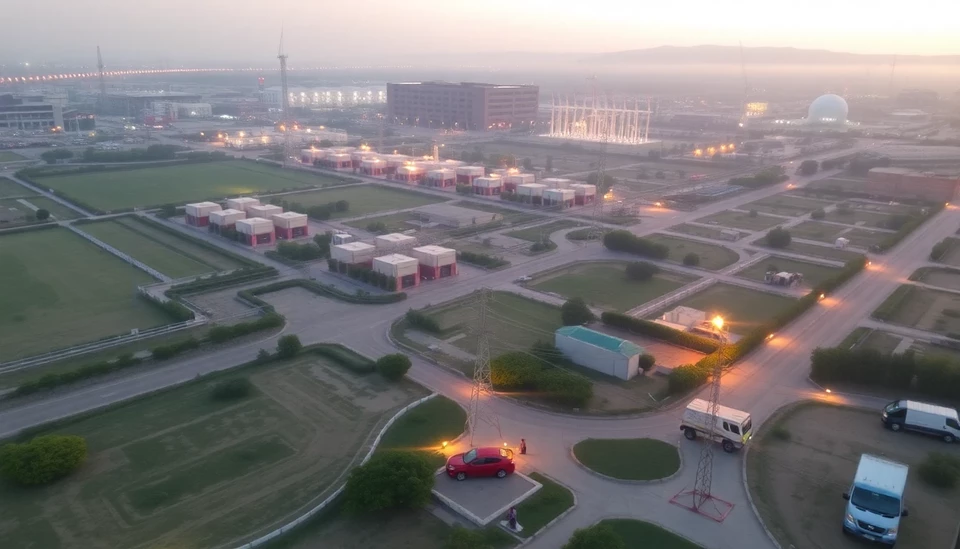
In a promising development for the Pakistani economy, the Governor of the State Bank of Pakistan, Jameel Ahmad, announced that decreasing inflation rates provide a favorable environment for potential reductions in interest rates. The statement comes as inflation shows signs of subsiding, presenting an opportunity to foster economic growth through more accommodative monetary policies.
According to the latest data released by the Pakistan Bureau of Statistics, inflation has steadily declined in recent months, falling to around 19.6% in December from a staggering high of approximately 38% earlier in the year. This decrease is largely attributed to a reduction in food prices, which constitute a significant component of the Consumer Price Index (CPI). The easing price pressures appear to be a direct result of improved agricultural outputs and better supply chain management efforts, which have stabilized food availability across markets.
Governor Ahmad highlighted, "If this trend continues, the bank would have the room to consider cutting interest rates." This statement indicates a shift in monetary policy strategy, focusing on growth stimulation while maintaining inflation targets. The central bank's key interest rate currently sits at 15%, which has been a crucial measure to combat inflation, but the changing dynamics may allow for a reassessment of this rate going forward.
The recent trends have been met with optimism from market analysts, who suggest that a rate cut could help enhance consumer spending and invigorate business investment in the country. Some experts believe that lower borrowing costs could usher in a recovery in sectors hit hardest by high-interest rates, particularly manufacturing and small and medium-sized enterprises (SMEs).
However, the Governor also cautioned against complacency, urging policymakers to remain vigilant in monitoring global economic conditions that may impact inflationary trends in Pakistan. Geopolitical factors, fluctuating oil prices, and the ongoing ramifications of previous supply chain disruptions continue to pose risks that could reverse the current downward trajectory of inflation.
As the central bank approaches its next monetary policy meeting, discussions will likely focus on evaluating the efficacy of current strategies and potential adjustments to support sustainable growth while targeting stable prices. The next steps will be critical for the economic direction of Pakistan, especially as it navigates through both domestic and international challenges.
In summary, easing inflation is offering Pakistan a strategic opportunity to reconsider its interest rates, with the central bank poised to make decisions that could significantly impact economic growth and stability in the near future.
#Pakistan #Economy #InterestRates #Inflation #StateBank #MonetaryPolicy #EconomicGrowth #Finance #JameelAhmad
Author: Laura Mitchell




